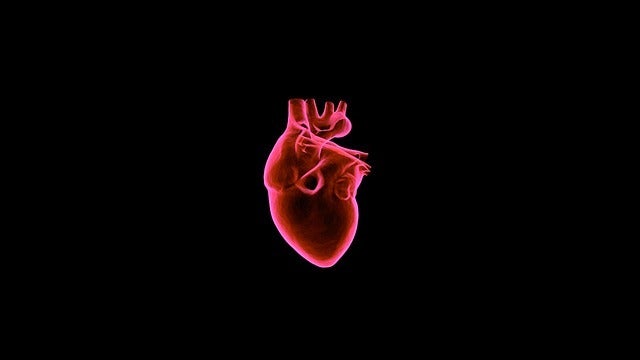
Abbott has received the US Food and Drug Administration (FDA) approval for its Aveir VR single-chamber leadless pacemaker to treat patients with slow heart rhythms.
The new leadless pacemaker is designed to be implanted directly inside the heart’s right ventricle through a minimally invasive procedure, preventing the need for an incision in the chest.
It features a unique mapping capability that enables physicians to measure electrical signals within the heart and determine the accurate placement of the device prior to its implantation.
Abbott claims that the device comes with enhanced projected battery life, that can be up to two times longer than other currently commercially available leadless pacemakers, using ISO standard settings.
Also, the leadless pacemaker designed to be retrieved when the therapy needs an upgrade, or the device needs a replacement, said the company.
Abbott cardiac rhythm management senior vice president Randel Woodgrift said: “The Aveir VR leadless pacemaker was designed to make the implantation and retrieval processes as seamless as possible for physicians and provide improvements over existing options.
“Our goal is to continue to build on the success of Aveir to provide more first-of-their-kind products in the future, revolutionizing how abnormal heart rhythms are treated.”
The FDA approval is based data from the Phase 2 LEADLESS II investigational device exemption (IDE) study in 200 patients at 43 centres across the US, Canada and Europe.
In the study, the Aveir VR leadless pacemaker has met its pre-specified primary endpoints in treating with certain abnormal heart rhythms.
In the study analysis, 96% of the participants met the safety endpoint of no serious adverse device effects, and 95.9% of them met the efficacy endpoint of acceptable therapy.
Also, the pacemaker was successfully implanted in 98% patients. It was accurately positioned in the first time or with a single repositioning in 96% of clinical cases.
The clinical trial data showed that the device could offer new benefits for patients who require a pacemaker to treat slow heart rhythms, said the company.






